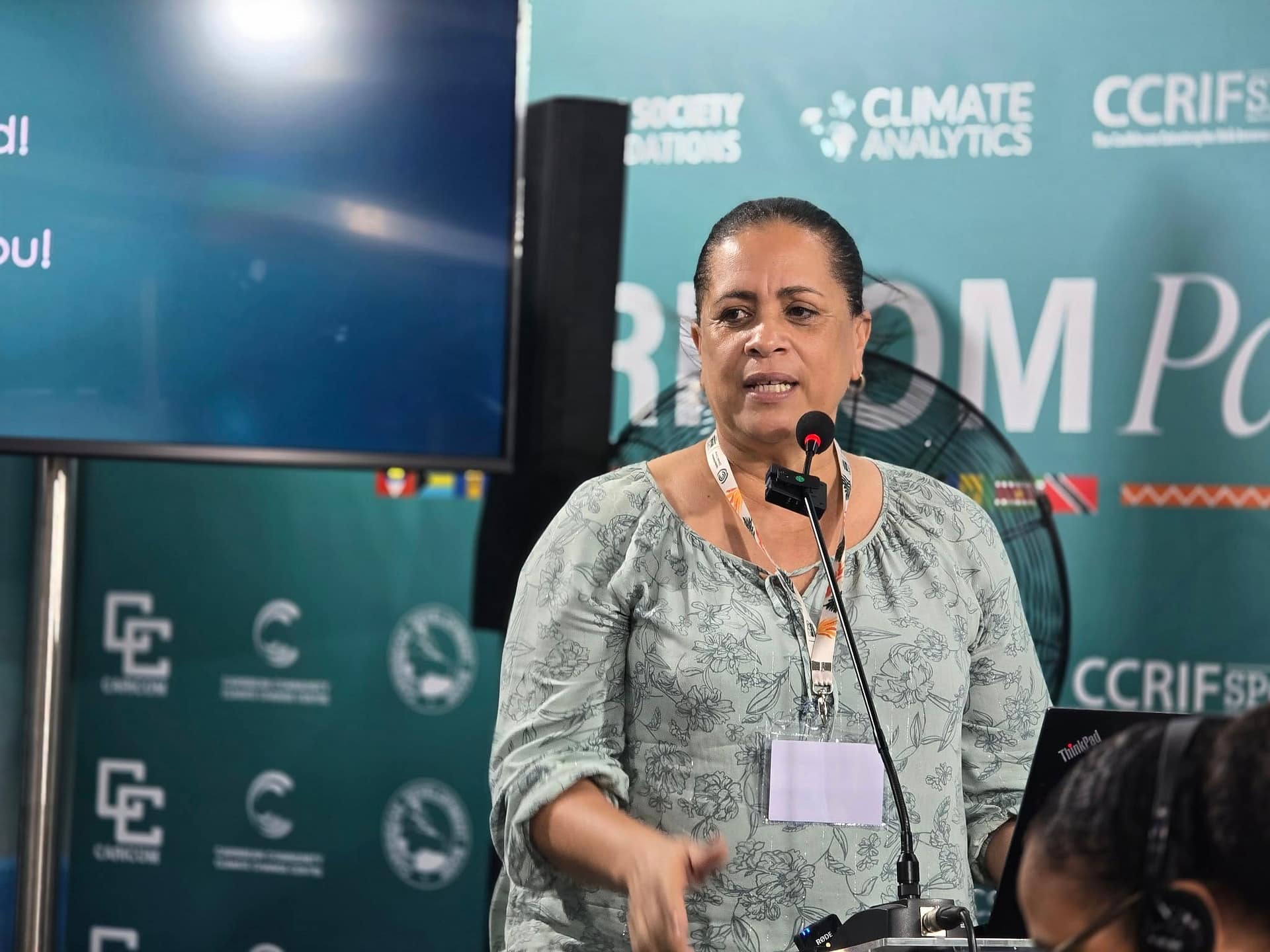At COP30 in Belém, Brazil, Ambassador Diann Black-Layne, Director of the Department of Environment, played a pivotal role as a featured speaker during an informational meeting organized by the Virgin Islands. Although the event did not officially launch the Virgin Islands Trust Fund, it served as a comprehensive briefing to elucidate the fund’s evolving structure and operational framework. The session aimed to demonstrate how the Virgin Islands intends to navigate the dynamic climate finance landscape, emphasizing adaptation, mitigation, and long-term resilience-building efforts.
The meeting convened technical experts and regional development partners with extensive experience in managing climate-related trust funds across the Caribbean. Notable participants included representatives from the Organisation of Eastern Caribbean States (OECS), the Caribbean Development Bank (CDB), and envoys from countries that have successfully established national climate funds. These experts shared best practices on governance, financial transparency, project identification, and institutional capacity enhancement to effectively secure and deploy climate finance.
A key focus of the discussions was the dual approach of short-term action and long-term strategic planning. Participants underscored the importance of immediate benefits while laying the groundwork for sustained resilience and adaptive capacity. Challenges faced by small island developing states in accessing climate finance were also addressed, alongside the necessity of designing funds that align with community needs, environmental priorities, and evolving climate risks.
Ambassador Black-Layne, recognized for her leadership in developing the Sustainable Island Resource Framework (SIRF) Fund in Antigua and Barbuda, provided invaluable insights into the practicalities of creating and managing a national climate fund. She highlighted the institutional processes, governance mechanisms for transparency and accountability, and the critical role of community engagement and multi-stakeholder collaboration. Drawing from Antigua and Barbuda’s experiences, she emphasized balancing donor expectations, adhering to international fiduciary standards, and ensuring that climate financing reaches vulnerable populations.
Her presentation offered actionable recommendations for the Virgin Islands, stressing the importance of robust project pipelines, continuous capacity development, and integrating resilience goals into national planning frameworks. Ambassador Black-Layne’s expertise significantly enriched the dialogue, guiding participants on structuring a fund that is both technically sound and capable of attracting long-term financing.
